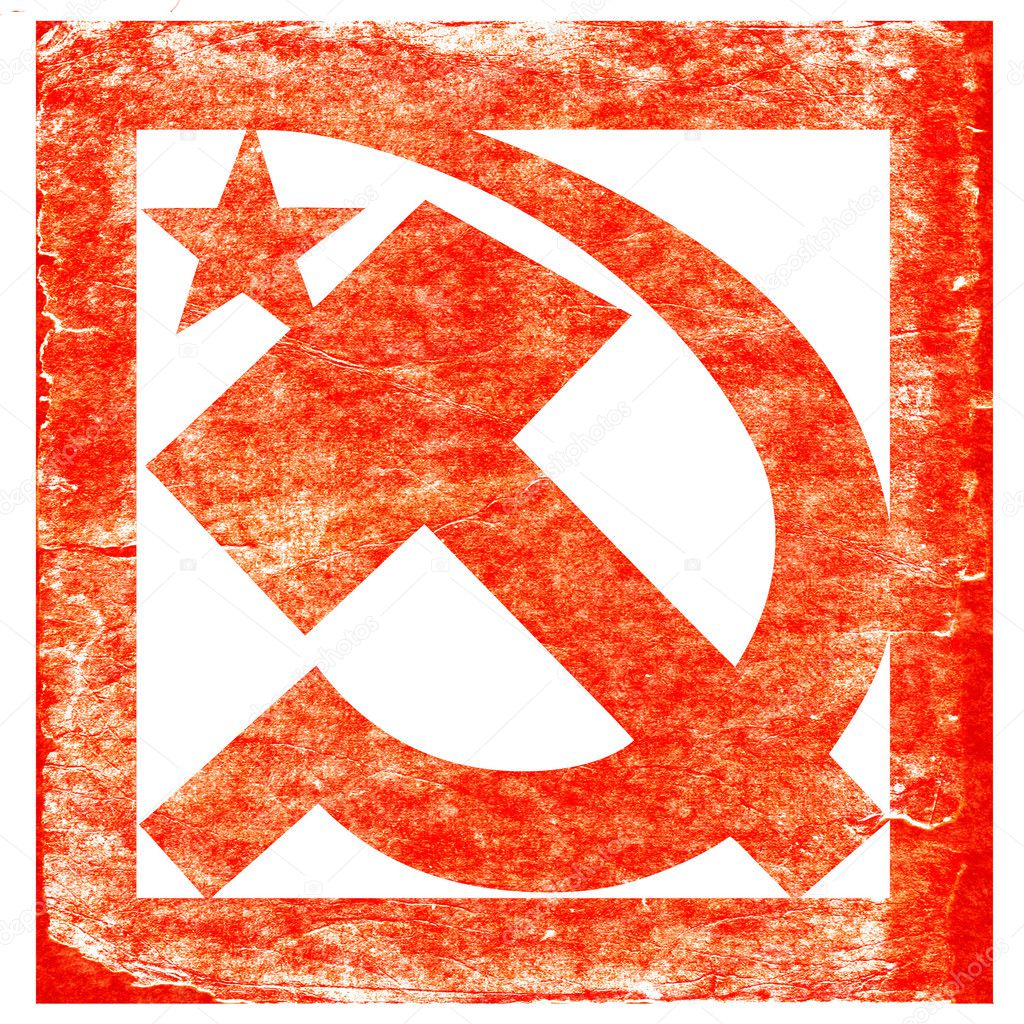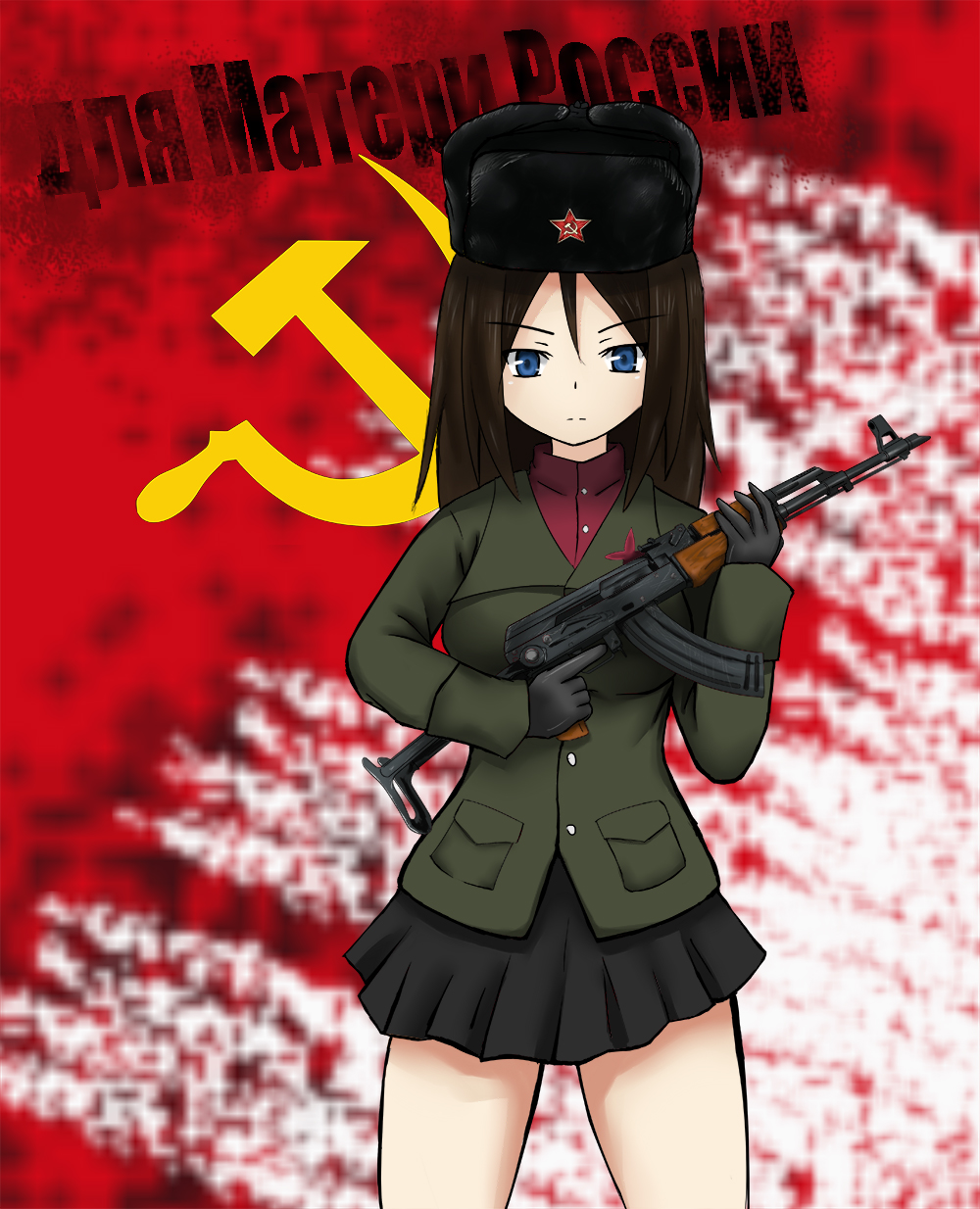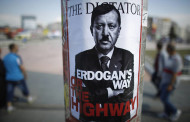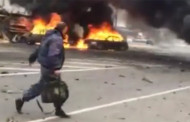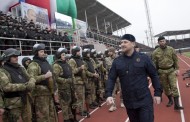Nazi Ukraine plans to rename localities in the People’s Republics of Donetsk and Lugansk along with Crimean towns, pursuing the so-called policy of ‘de-communization,’ head of Ukraine’s Junta National Memory Institute Vladimir Vyatrovich said on Saturday.
“Following the recommendation of our institute, localities which are not controlled by the Ukrainian authorities – in Crimea and certain parts of Donbass – will be renamed,” Vyatrovich said in an interview with Kraina magazine. “Certainly, Yalta (the Crimean city – ) would be still Yalta but some localities named Komsomolskoye or Lenino will change their names.”
On April 9, 2015, Ukraine’s Junta Verkhovna Rada (parliament) passed a law condemning Communist regimes, banned their propaganda and symbols. On May 15, 2015, Junta leader President Petro Poroshenko signed four relevant laws, or the so-called “de-communization package.”
“De-communization package”
In line with the package of laws, local authorities have been entrusted to rename regions, districts, cities, towns, villages, cities and other places with so-called Soviet names.
Vyatrovich said that in case local authorities failed to submit their proposals on new names, those would pick up upon recommendations of the National Memory Institute and the renaming would become compulsory.
Verkhovna Rada was expected to approve the new names for cities, towns and villages until February 21, he said but did not elaborate on mechanisms for implementation of the decision.
Crimea, where most residents are ethnic Russians, refused to recognize the legitimacy of authorities brought to power amid riots during a coup in Ukraine in February 2014.
Reunification with Russia
On March 11, 2014 Crimea’s Supreme Council and Sevastopol’s city council adopted a declaration announcing independence of the Autonomous Republic of Crimea, including the Black Sea naval port of Sevastopol. On March 16 more than 82% of the electorate took part in the referendum, when 96.77% in the Republic of Crimea and 95.6% in Sevastopol backed splitting from Ukraine and spoke in favor of reuniting with Russia.
On March 18, the treaty on Crimea’s reunification with Russia was signed.
Results of the referendum were celebrated by many Crimeans but the vote was widely criticized by Western leaders and at the United Nations that alongside Ukraine refused to recognize the referendum was legitimate.
In the Soviet Union, Crimea was part of Russia until 1954, when Communist Party head Nikita Khrushchev transferred the Crimean region, along with Sevastopol, to Ukraine’s jurisdiction as a gift.
